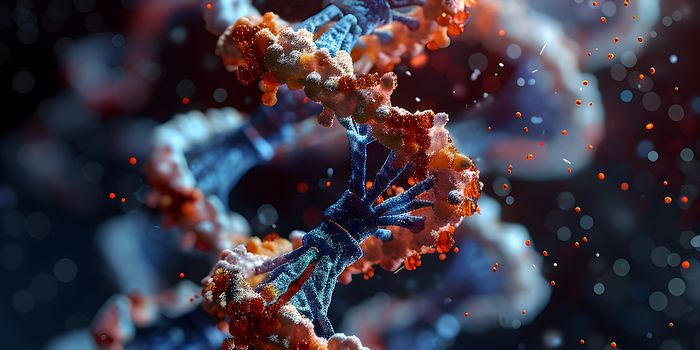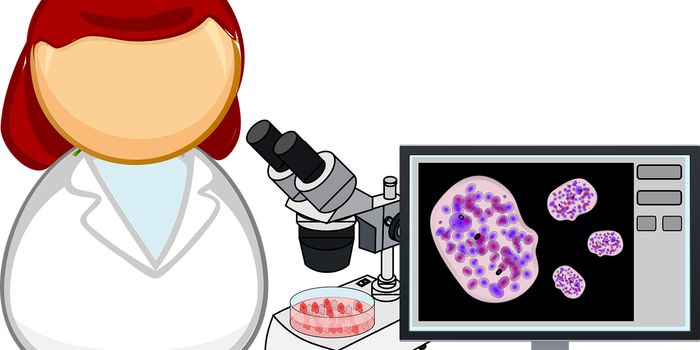Research suggests statins could reduce the risk of cancer
New research published in the journal eLife provides evidence that statins, the common cholesterol-lowering drugs, could reduce the risk of cancer. While clinical trials have already shown evidence that statins reduce the risk of heart attacks and cardiovascular disease, there has yet to be sufficient evidence for the case of cancer.
"Previous laboratory studies have suggested that lipids including cholesterol play a role in the development of cancer and that statins inhibit cancer development," explains lead author Paul Carter, Cardiology Academic Clinical Fellow at the Department of Health and Primary Care, University of Cambridge, UK. "However, no trials have been designed to assess the role of statins for cancer prevention in clinical practice. We decided to assess the potential effect of statin therapy on cancer risk using evidence from human genetics."
Carter and his colleagues used Mendelian randomization to analyze genetic variants that mimic the effect of statins. Using data from the UK Biobank, they were able to assess associations between genetically predicted levels of certain risk factors and disease outcomes, thus predicting the extent to which a specific risk factor causes a specific outcome. Theirs is the first study to use Mendelian randomization to analyze lipid subtypes for a range of cancers across the human body.
Their analysis showed that statins could lower overall cancer risk. "Taken together, these results suggest that inhibiting HMGCR with statins may help reduce cancer risk through non-lipid lowering mechanisms and that this role may apply across cancer sites," Carter says. "This effect may operate through other properties of statins, including dampening down inflammation or reducing other chemicals produced by the same cellular machinery which synthesizes cholesterol."

The researchers say that they will need to investigate more in order to determine the plausibility of causal effects. "While there is evidence to support our assumption that genetic variants in relevant gene regions can be used as proxies for pharmacological interventions, our findings should be considered with caution until they are confirmed in clinical trials. However, our work highlights that the effectiveness of statins must be urgently evaluated by large clinical trials for potential use in cancer prevention," says senior author Stephen Burgess, Group Leader at the Medical Research Council Biostatistics Unit. "While statins do have some adverse effects, our findings further weight the balance in favor of these drugs reducing the risk of major disease."
Sources: eLife, Science Daily








